This initiative documents how, over the last 50 years, Chicana historians have transformed the way we do and understand history, as well as who is included in U.S. history. Through oral histories, data collection, exhibitions, and public programs, this project honors these contributions. It is also an intervention. Interrogating the academy’s organizational culture that systematically excludes Chicanas is at the core of this initiative.
NEXT in our Charlas y Café Series:
“Not just surviving, but thriving in the academy”
April 22nd @ 3pm ET
Upcoming Charla will feature esteemed Chicana historians:
Dr. Vicki Ruiz, Distinguished Professor Emerita of History and Chicano/Latino Studies, University of California, Irvine
Dr. Mary Ann Villarreal, Vice President for Equity, Diversity, & Inclusion (EDI), University of Utah
Dr. Yvette Saavedra, Associate Professor, WGSS Director of Graduate Studies, Department of Women’s, Gender, and Sexuality Studies, University of Oregon
This conversation will be moderated by Dr. Lorena Chambers, Postdoctoral Research Fellow, Inclusive History Project and Department of History, University of Michigan
Don’t miss this conversation! Mark your calendar and stay tuned for more details!
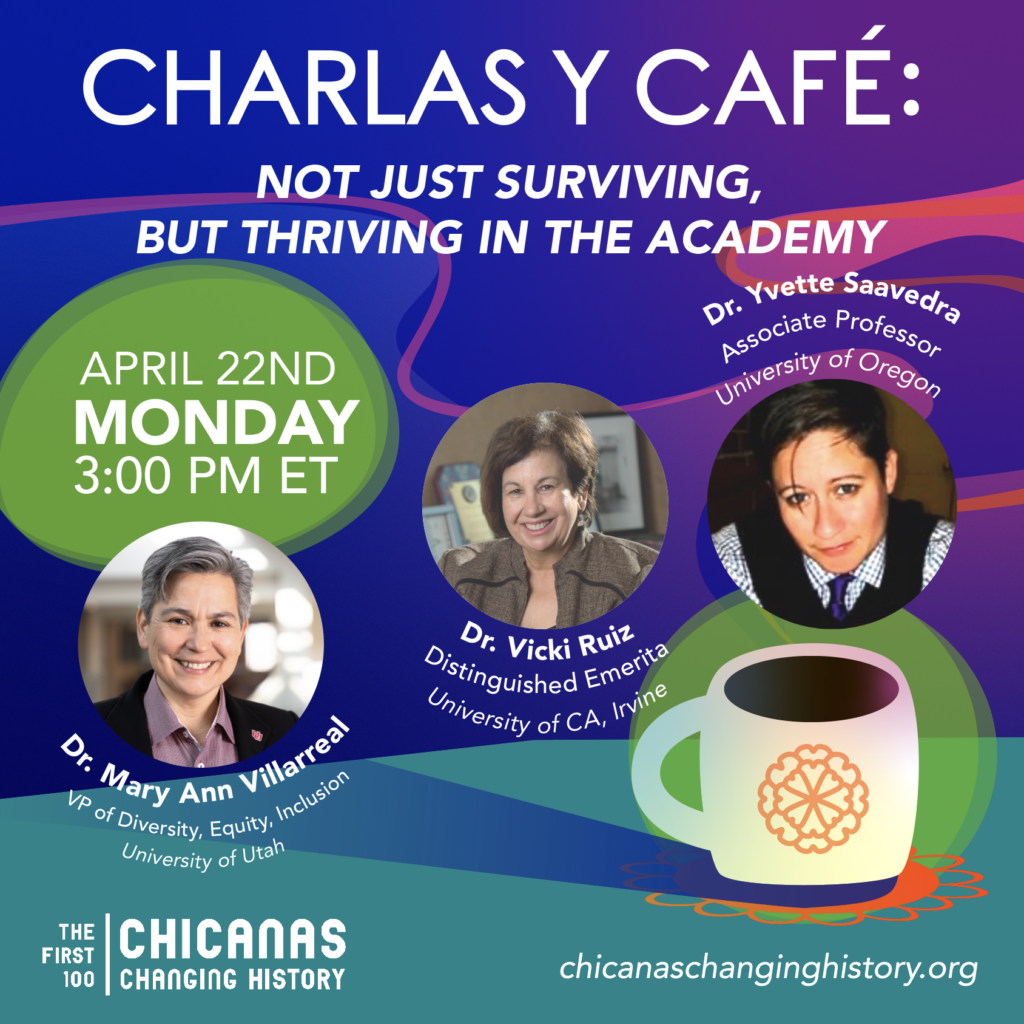
Explore Oral Histories
This archival and collecting initiative documents the field of Chicana history through in-depth oral history interviews with the women who have lived it and shaped it. These oral histories create an intellectual space for groundbreaking historians to articulate their scholarly journeys in their own words. These interviews demonstrate how Chicana historians diversified historical themes, analyses, methodologies, and sources, shifting historical focus to gender, sexuality, race, ethnicity, identity, and space.
- Launch Video at the Western History Association, October 13, 2022
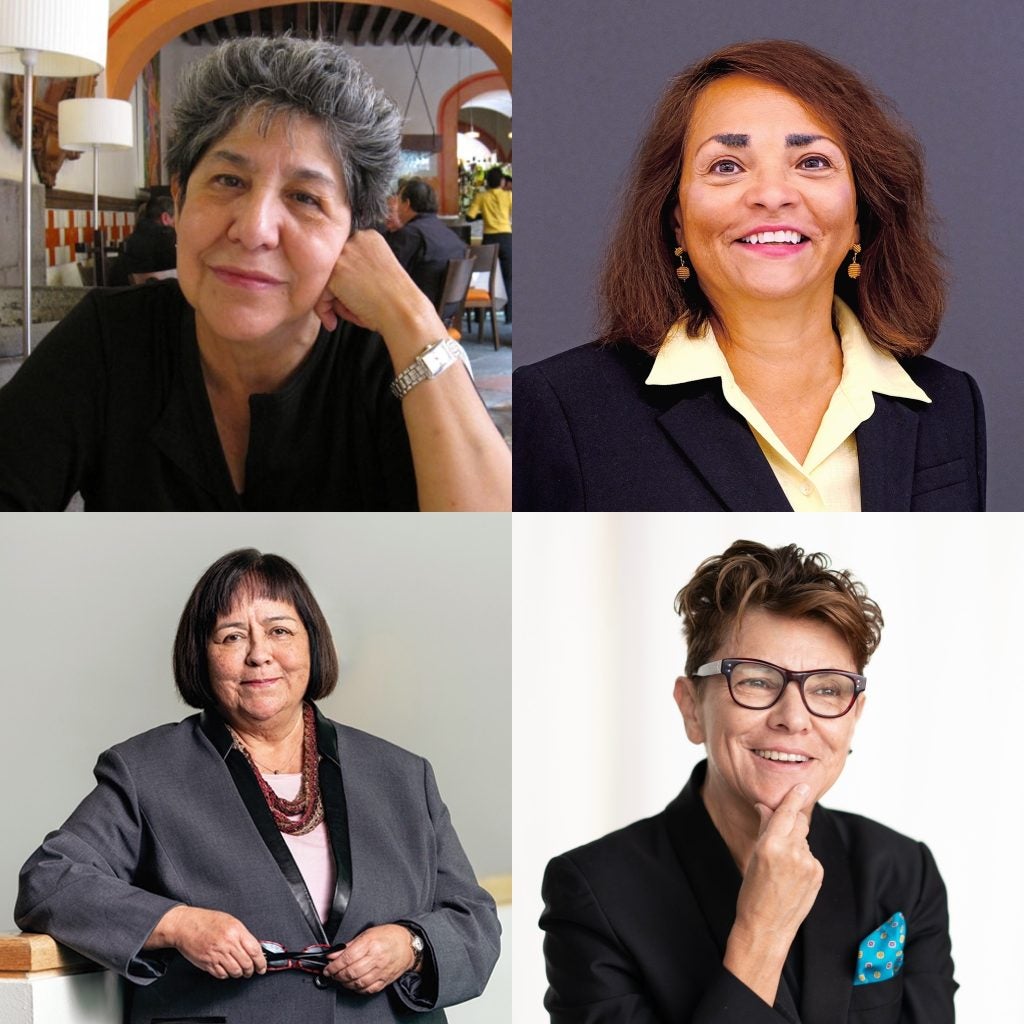 Interview capsule featuring Dr. Antonia Castañeda, Dr. Cynthia Orozco, Dr. Deena González and Dr. Emma Pérez
Interview capsule featuring Dr. Antonia Castañeda, Dr. Cynthia Orozco, Dr. Deena González and Dr. Emma Pérez - Dr. Antonia Castañeda Video Capsule
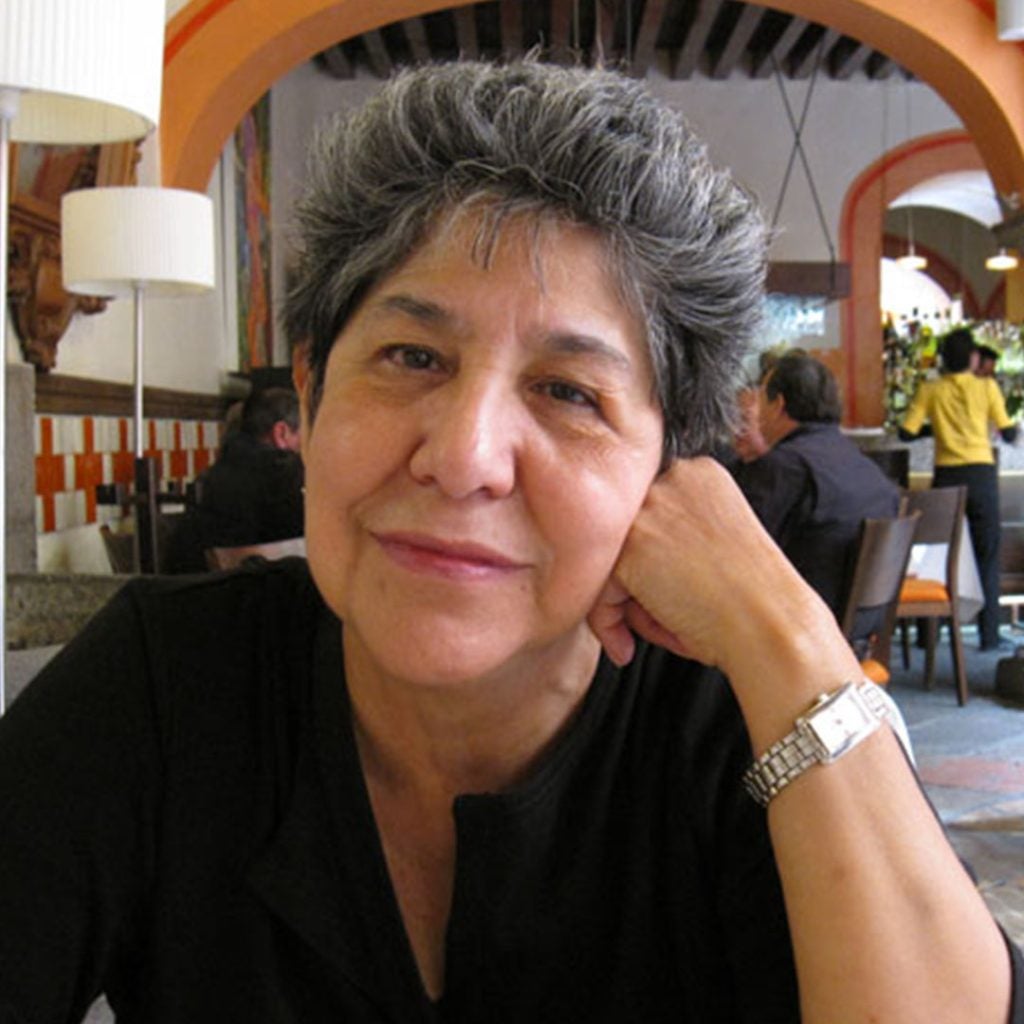 July 14, 2022
July 14, 2022 - Dr. Cynthia Orozco Video Capsule
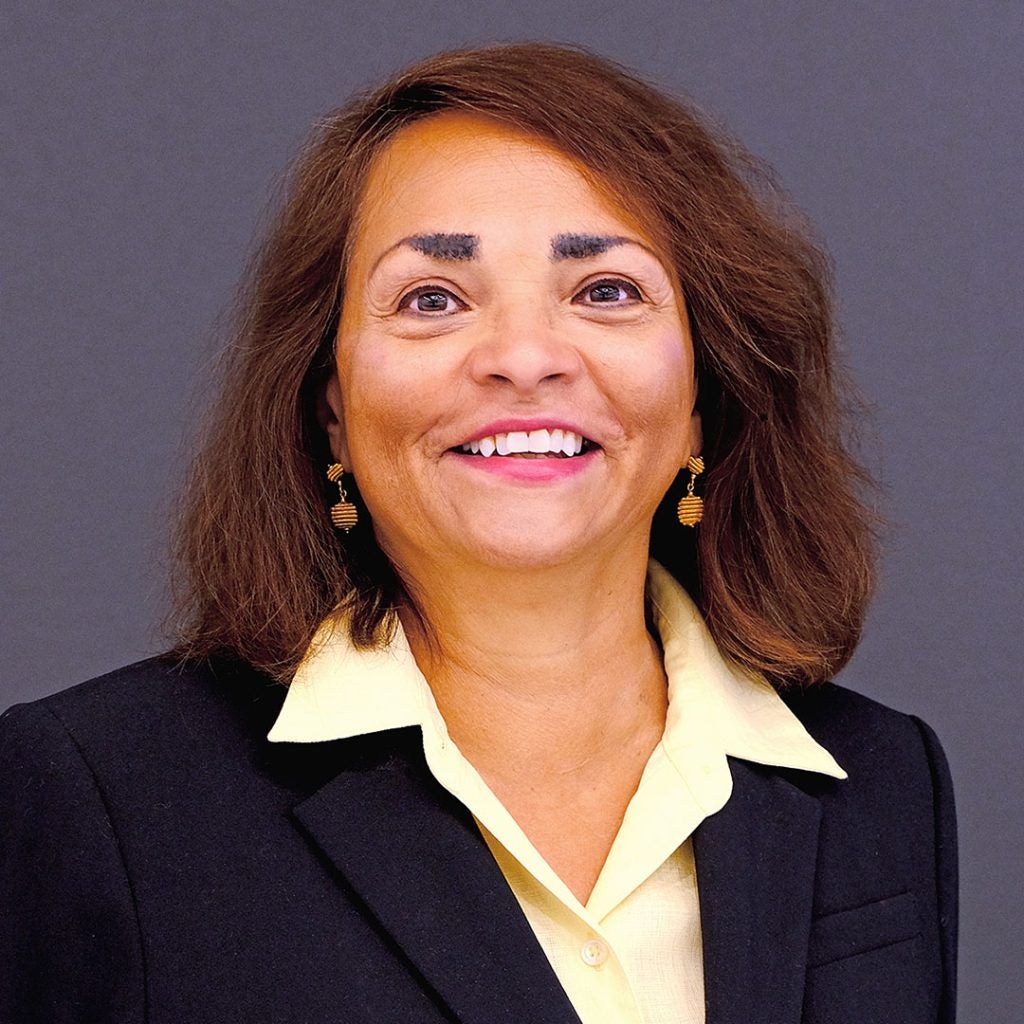 July 14, 2022
July 14, 2022 - Dr. Deena González Video Capsule
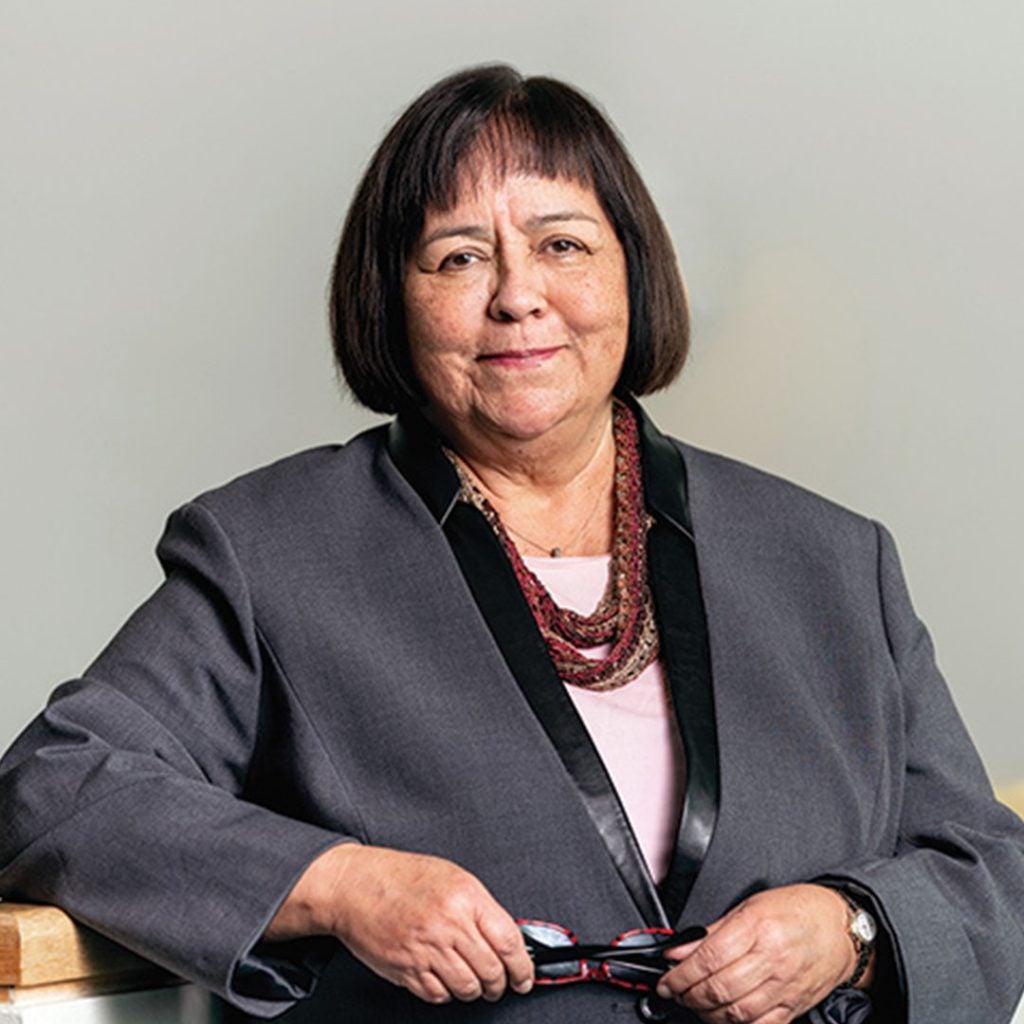 July 15, 2022
July 15, 2022 - Dr. Emma Pérez Video Capsule
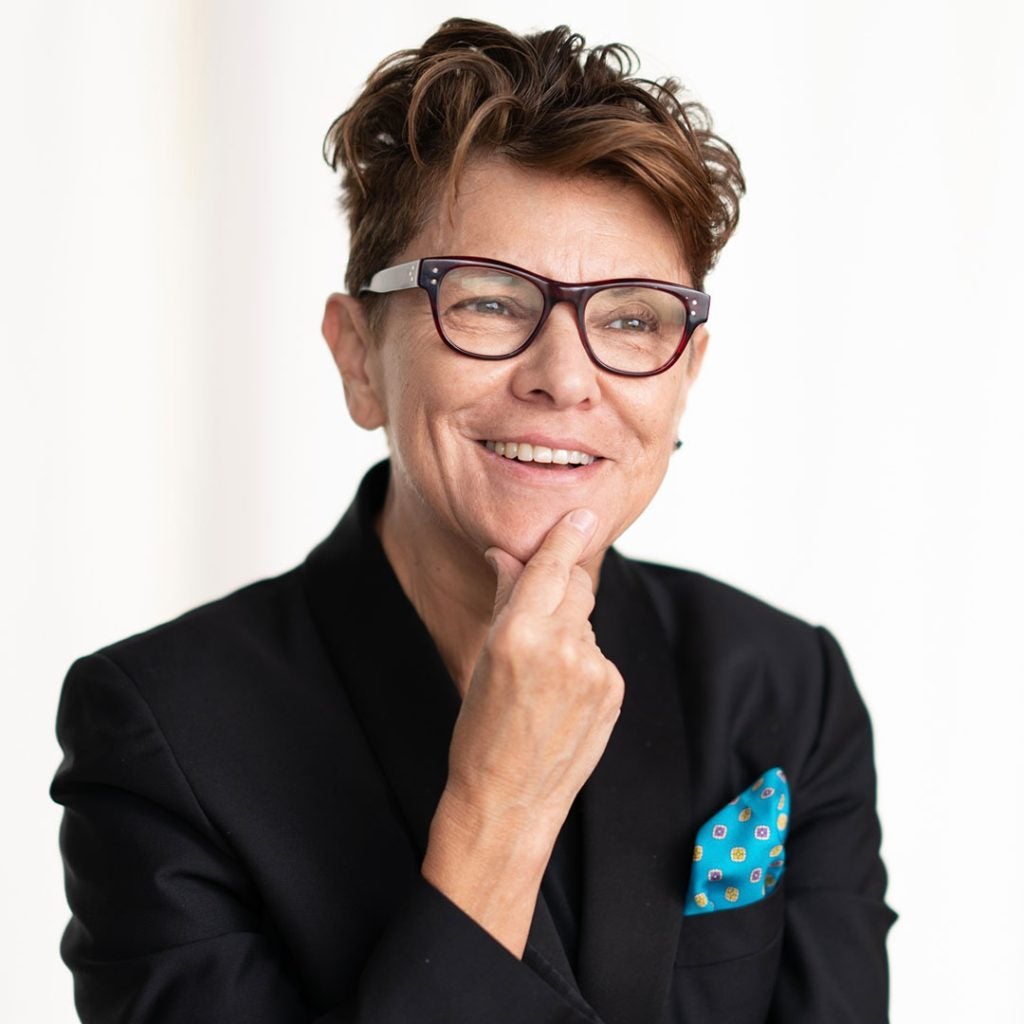 July 15, 2022
July 15, 2022
Partners
The First 100: Chicanas Changing History project is funded generously by the Anti-Racist Digital Research Initiative (ARDRI) with the UM Library, the U-M Institute for Research on Women and Gender (IRWG), the Inclusive History Project (IHP) at U-M, the Smithsonian’s Latino Initiatives Pool, administered by the Smithsonian National Museum of the American Latino, the Smithsonian’s National Museum of American History, and Chambers Lopez Strategies.

Want to learn more?
“We still have so many areas that need work, we still have so many biographies that have not been written… We have so many areas that have yet to be written.”
– Dr. Cynthia Orozco, Professor of History and Humanities


